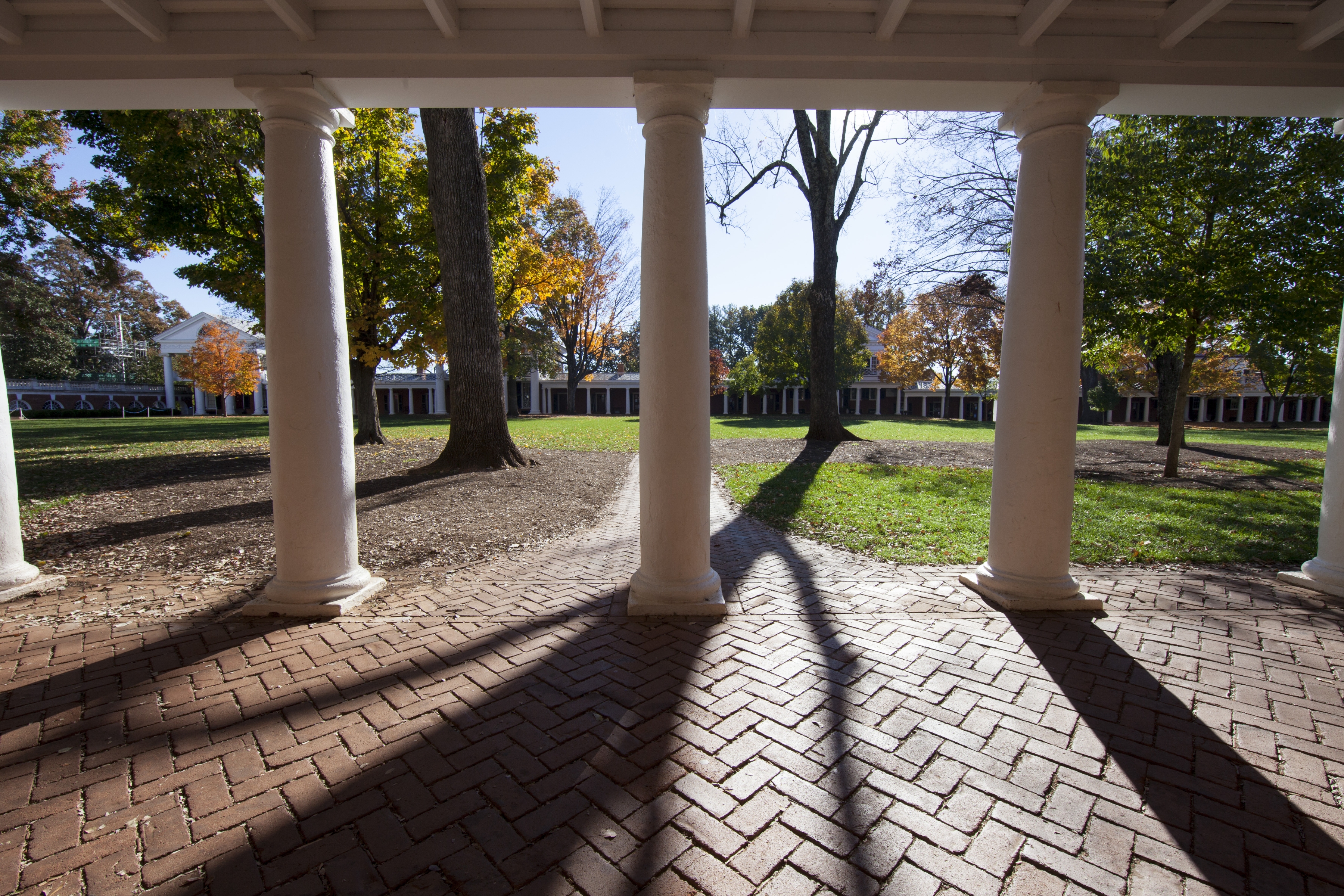REVISED, Oct. 3, 2013, 10:50 a.m. to clarify situation in the School of Medicine.
REVISED, Oct. 4, 2013, 10:25 a.m., to clarify goals of University staff compensation.
This summer, the University of Virginia awarded general base salary increases to faculty and staff for the first time in five years. A new report from University Human Resources explains who received the raises, and how much they earned.
Salary increases, inclusive of all funding sources, were awarded to 65 percent of the faculty, resulting in an individual faculty average increase of 5.75 percent. This number includes the School of Medicine, which limited its merit increases due to the unique funding environment for its faculty, which includes large decreases in research funding because of sequestration and anticipated reductions in clinical revenues.
Outside the School of Medicine, 90.8 percent of eligible faculty members received salary increases.
For University Staff, increases were awarded to 81 percent of those eligible, with an average increase of 3.4 percent.
The Board of Visitors approved this year’s 4.75 percent faculty increases as part of a multi-year effort to boost salaries to the 20th position among the University’s peer institutions in the Association of American Universities. When the multi-year plan was approved in November, U.Va. ranked 26th.
“U.Va. dropped in faculty salary rankings again last year,” said Susan Carkeek, U.Va.’s vice president and chief human resources officer. “That is not surprising after several years in a row of having no salary increases. While we are optimistic that this year’s increases will reverse the declining trend, we won’t see the impact of this year’s increases until the next reporting cycle, expected next spring. It definitely will take a multi-year strategy to achieve our goal.”
This year is the first since the University received authority to create its own human resources system under the state’s 2005 Higher Education Restructuring Act that U.Va. has had the opportunity to award merit based-salary increases to University staff.
The University set this summer’s University staff merit pool at 3 percent. The University’s goal for staff salaries is to achieve an average market pay range penetration of 50 percent, said Alison Miller, compensation manager in University Human Resources. Pay range penetration is a snapshot of an employee’s current base salary relative to the market range, which is derived from applicable market comparators, both higher education and the private sector.
Last July, University staff salaries averaged 43 percent market pay range penetration.
The newly released data on this summer’s increases show a direct correlation between staff performance evaluation and the amount of increase received. Staff receiving the highest performance rating of “exceptional” received an average increase of 4.8 percent; staff who met expectations and received an “effective” performance rating received an average raise of 2.9 percent.
“Given five years of no salary increases beyond a small number of strategic compensation actions, we might have expected a tendency toward ‘across-the-board’ raises,” Carkeek said. “However, the data show that our managers embraced the concept of merit pay and used these increases to reward our highest performers. These increases represent a clear commitment to merit pay.”
Employees who did not opt into the University’s human resources system and remain in the state “classified staff” system received increases determined by the General Assembly: a 2 percent increase awarded to all classified staff, plus a longevity incentive of $65 per year of service between five and 30 years.
The most senior classified staff members, with 30 years or more of service, received the maximum boost of $1,950 annually on top of the 2 percent across-the-board raise. As a result, the average increase for classified staff was 4.7 percent.
Other than those state-mandated increases for classified staff, all other salary increases were awarded on the basis of merit.
Carkeek said, “It’s interesting to note that because University staff typically have fewer years of service, if they still fell under the classified plan and had been awarded the legislatively granted increases, their average increase would have been only 2.6 percent. That’s less than the average increase we were able to award through merit-based pay.”
The total cost of all the salary increases was $19.5 million, of which the state paid $3.8 million. The remaining $15.7 million funds were provided from the Board of Visitors and from sources such as grants and contracts and auxiliary enterprises.
Media Contact
Article Information
October 1, 2013
/content/human-resources-report-details-who-received-raises-and-how-much-they-received

